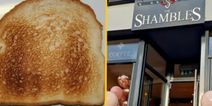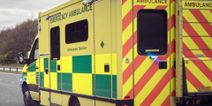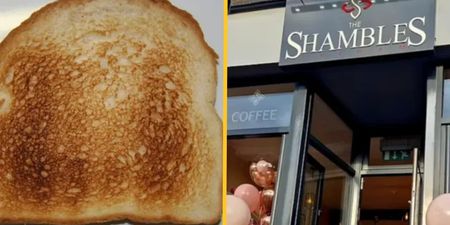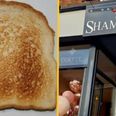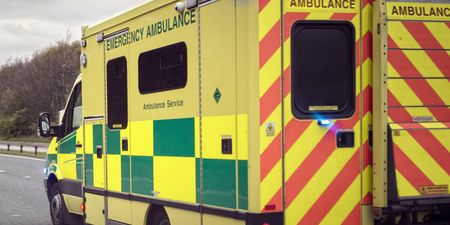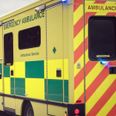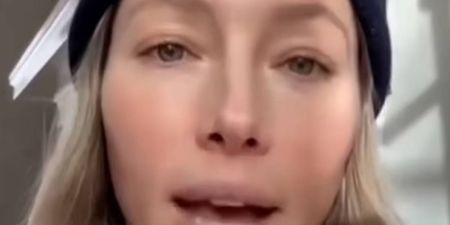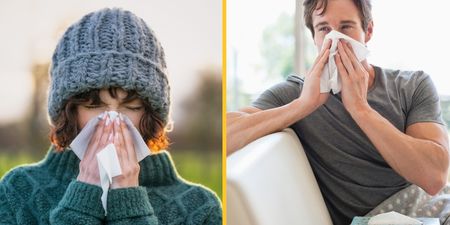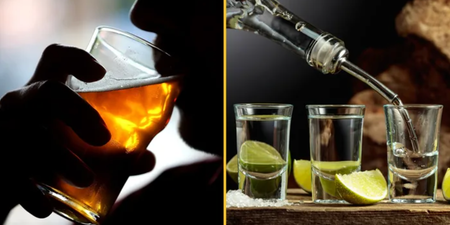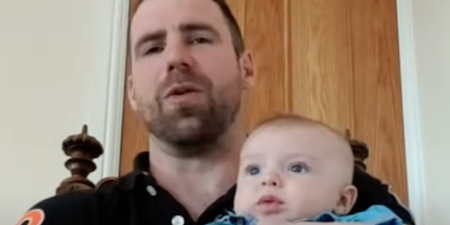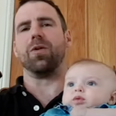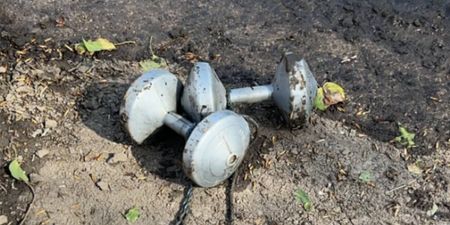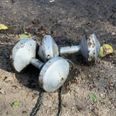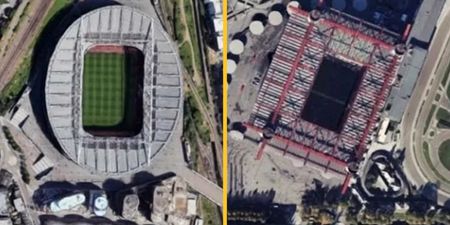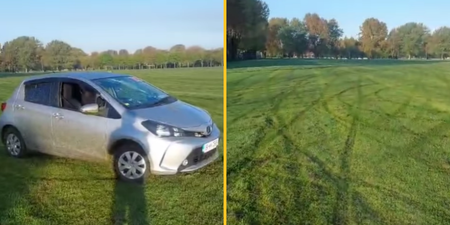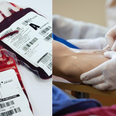“This is really difficult. Restaurant and gastropub owners have worked very hard to minimise the risk of transmission. Their livelihoods and our safety are at stake…”
Philip Nolan, the chair of the National Public Health Emergency Team (NPHET)’s epidemiological modelling advisory group, has attempted to explain the rationalise behind recommendations to close all indoor dining in Dublin.
News of the NPHET recommendations on indoor dining in Dublin emerged on Thursday night, with CEO of the Restaurants Association of Ireland (RAI) Adrian Cummins saying that the industry body was “shocked” by the move.
The news came after it had also emerged on Thursday that NPHET had recommended that Dublin move to Level 3 of the government’s five-level Covid-19 response plan, amid speculation that serious consideration was given to recommending a move to Level 4 for Dublin following a recent spike of cases in the capital.
The recommendations to stop indoor dining and the decision earlier in the week to further delay the reopening of ‘wet pubs’ in the capital has prompted plenty of criticism from affected parties in the pub and restaurant industry.
Many have pointed to HSPC data outlining the source of Covid-19 outbreaks in Ireland, including data up to 14 September, which identifies a total of 14 outbreaks from public houses and restaurants compared to, for example, 2,077 in private houses.
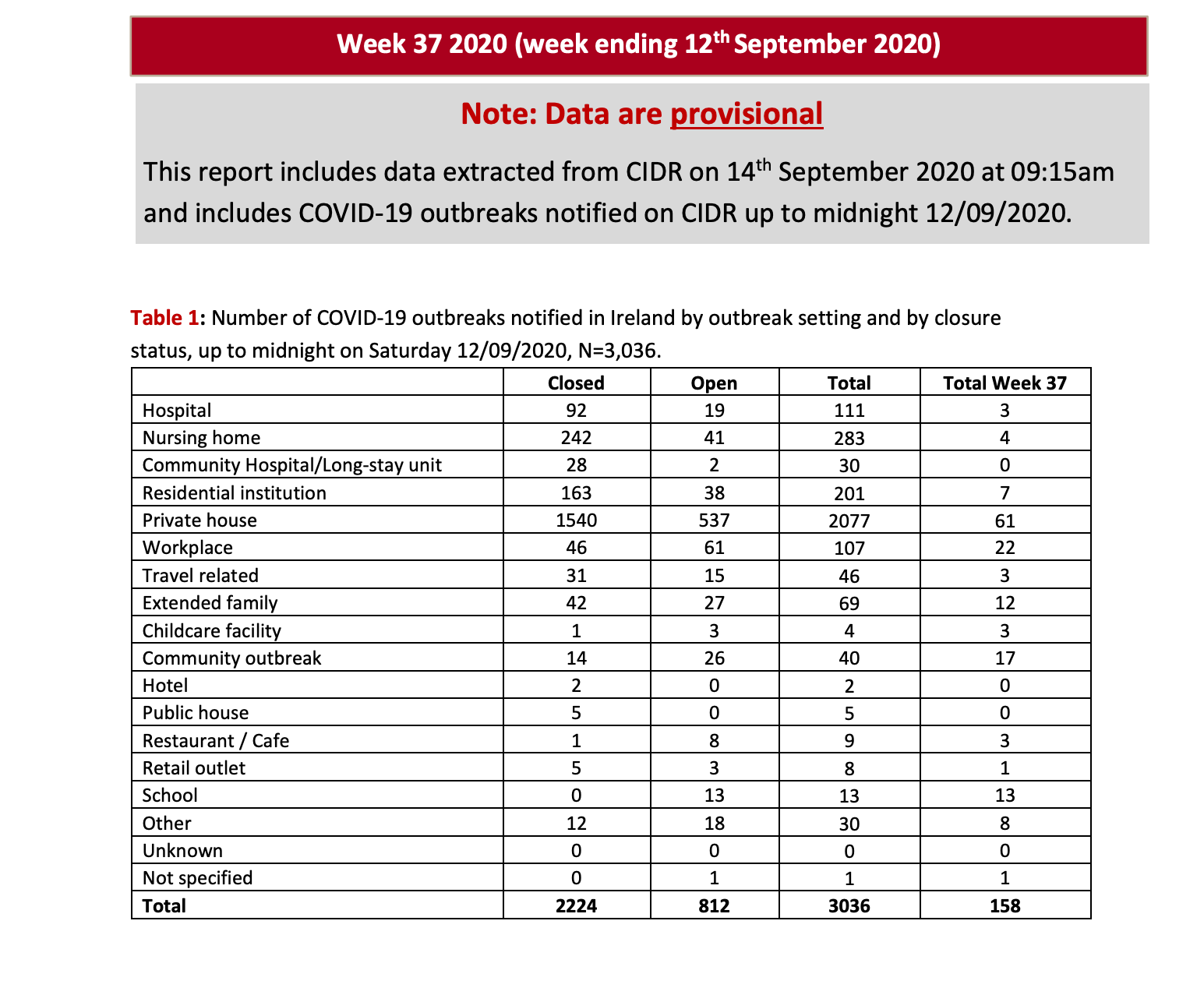
Image via hspc.ie
In a Twitter thread published on Friday, however, Philip Nolan, also the President of Maynooth University, said that while it is reasonable to ask why restaurants and pubs should close if there are so few outbreaks associated with them, it is misreading and misinterpreting data on outbreaks and clusters.
Nolan pointed to the possibility of someone becoming infected with Covid-19 in a restaurant setting but becoming symptomatic days later, infecting members of the same household and being identified as a household outbreak in the process rather than as an outbreak in a restaurant.
It is reasonable to ask: why close restaurants and pubs if there are so few outbreaks associated with those environments? However, this is misreading and misinterpreting the data on outbreaks and clusters. 1/10 pic.twitter.com/REEUqoin12
— Professor Philip Nolan (@PhilipNolan_SFI) September 18, 2020
We know that in Dublin at least one in three cases are community transmission. Where is this happening? Wherever we mix socially: our houses, gyms, bars, restaurants. Sadly, unless we stop mixing in these settings, we know the disease will spiral out of control. 7/10 pic.twitter.com/lJ2DlQY3ko
— Professor Philip Nolan (@PhilipNolan_SFI) September 18, 2020
If we don’t, this virus will kill some of us, saturate our health system, close schools, and create a bigger shock to our economy. It’s devastating for those businesses affected, but we must act now, while targeted measures might still get the virus back under control. 10/10 pic.twitter.com/Uq1VmfuKOt
— Professor Philip Nolan (@PhilipNolan_SFI) September 18, 2020
Nolan further pointed out that while NPHET would like to go back and find out where people are contracting the virus, he said “we don’t have the time or resources to pursue this academic exercise”.
He acknowledged that while it is devastating for businesses, community transmission of Covid-19 occurs where members of the public gather in social settings such as houses, gyms, bars and restaurants and that unless we stop mixing in these settings, “we know the disease will spiral out of control”.
If we don’t “radically” reduce mixing between households Nolan concluded, “this virus will kill some of us, saturate our health system, close schools, and create a bigger shock to our economy”.
“It’s devastating for those businesses affected, but we must act now, while targeted measures might still get the virus back under control.”
You can view the thread in full here.
It’s expected a final decision will be made on restrictions relating to Dublin following a meeting of the Cabinet Covid Sub-Committee on Friday.
LISTEN: You Must Be Jokin’ with Aideen McQueen – Faith healers, Coolock craic and Gigging as Gaeilge

